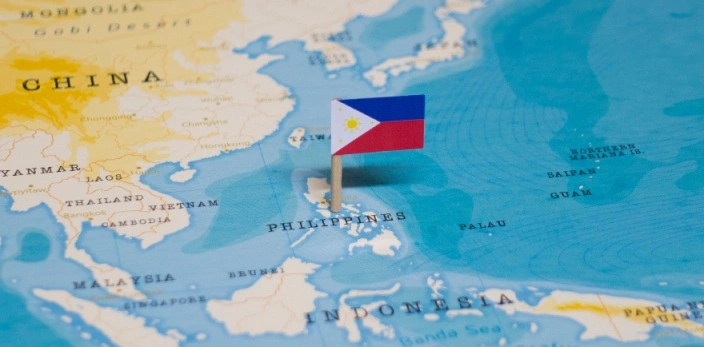
The connection between language and culture is undeniable. Language shapes cultural identity by unlocking cultural appreciation, contributing to one’s understanding of a country’s history, and providing a sense of belonging and connection.
Have you ever tried to describe a feeling or a memory, but realized that only a word in your native language could capture it just right?
That’s the power of languages. They’re often seen as a bunch of words and a means for communication. But languages are a part of how we see ourselves, interact with others, and interpret with the world.
Language and culture are tightly woven together. In fact, learning a language is often one of the most direct ways people connect with who they are and where they come from. Because of this, understanding how languages impact how one sees culture and themselves is vital for anyone looking to learn this skill.
This article will explore the ways in which language shapes one’s cultural identity.
Languages Contribute to One’s Appreciation for Culture
Many people turn to language learning as a way to reconnect with their roots. Whether it’s picking up the language of their relatives or diving deeper into a language spoken at home, this process often goes beyond simple curiosity. It actually is often a result of personal discovery and experience.
Learning the language of your heritage allows you to understand cultural references, jokes, songs, and traditions in a whole new light. In a 2024 Medium article, Alexi Stel recounts his experiences learning Spanish and states that the insights he learned from Spanish-speaking people deepened his appreciation for the culture and unique heritage.
This is because languages also reflect the values, priorities, and ways of thinking of the people who speak them. For example, the Japanese term of ikigai reflects peoples’ way of living with joy and happiness, a concept that continues to resonate with the country’s elderly. This gives insight on what these people value when it comes to their lifestyle.
In this way, language learning becomes a powerful bridge, linking people to their cultural past and giving them a renewed sense of pride and appreciation for that culture.
Language Learning Helps One Understand a Country’s History

Languages often serve as a living record of history. Words that survive for centuries can tell a person about ancient trades, connections between people and countries, religious practices, or social structures.
For example, many modern English words have Latin or Greek roots, a reminder of historical influence from the Roman Empire and classical philosophy.
In countries with colonial histories, one can often find layers of influence from different languages, telling a story of contact, conflict, or collaboration over time. One example would be how the Philippines integrates the use of Spanish words in its own language. Terms like mesa or libro were adapted into the Filipino language as a result of the country’s colonization by Spain.
When one studies a language, they’re also studying the path that culture has taken to reach where it is today. By observing these changes and nuances in one’s language, one can better understand the moments in history that shaped them.
Language Provides a Sense of Belonging and Connection
There’s something special about the shared language of a community. Think about family catchphrases, local expressions, or the way your community celebrates holidays. These moments of shared language help build the concept of “us.”
According to a 2024 LinkedIn article, SadhanaPemadasa states that language “fosters a sense of belonging within communities.” It also creates unity in diversity and offers comfort in knowing others understand you.
Language plays the same role on a national or regional scale. One article under the International Journal of Population Studies demonstrated this through its examination of heritage languages. In this 2025 journal article, Mohammad Hamad Al-khresheh finds that shared languages not only help establish closeknit relationships, but also help promote solidarity, trust, and mutual support within communities.
That sense of connection—of being seen and understood—is one of the most powerful roles language plays in shaping our cultural identity.
Wrapping Up: Accepting the Connection between Language and Cultural Identity
In summary, learning a language can change one’s life beyond job opportunities. It can affect one’s own cultural identity by helping them appreciate the culture, connect them to history, and create a feeling of solidarity and home.
Whether you’re learning or reconnecting with a language, every word brings you a little closer to who you are and a culture you may not realize is amazing. And with language learning platforms like goFLUENT, having this cultural connection becomes more accessible than ever.
So next time you speak, write, or even listen, take a moment to appreciate the role language plays in shaping not just how we communicate, but who we are.



